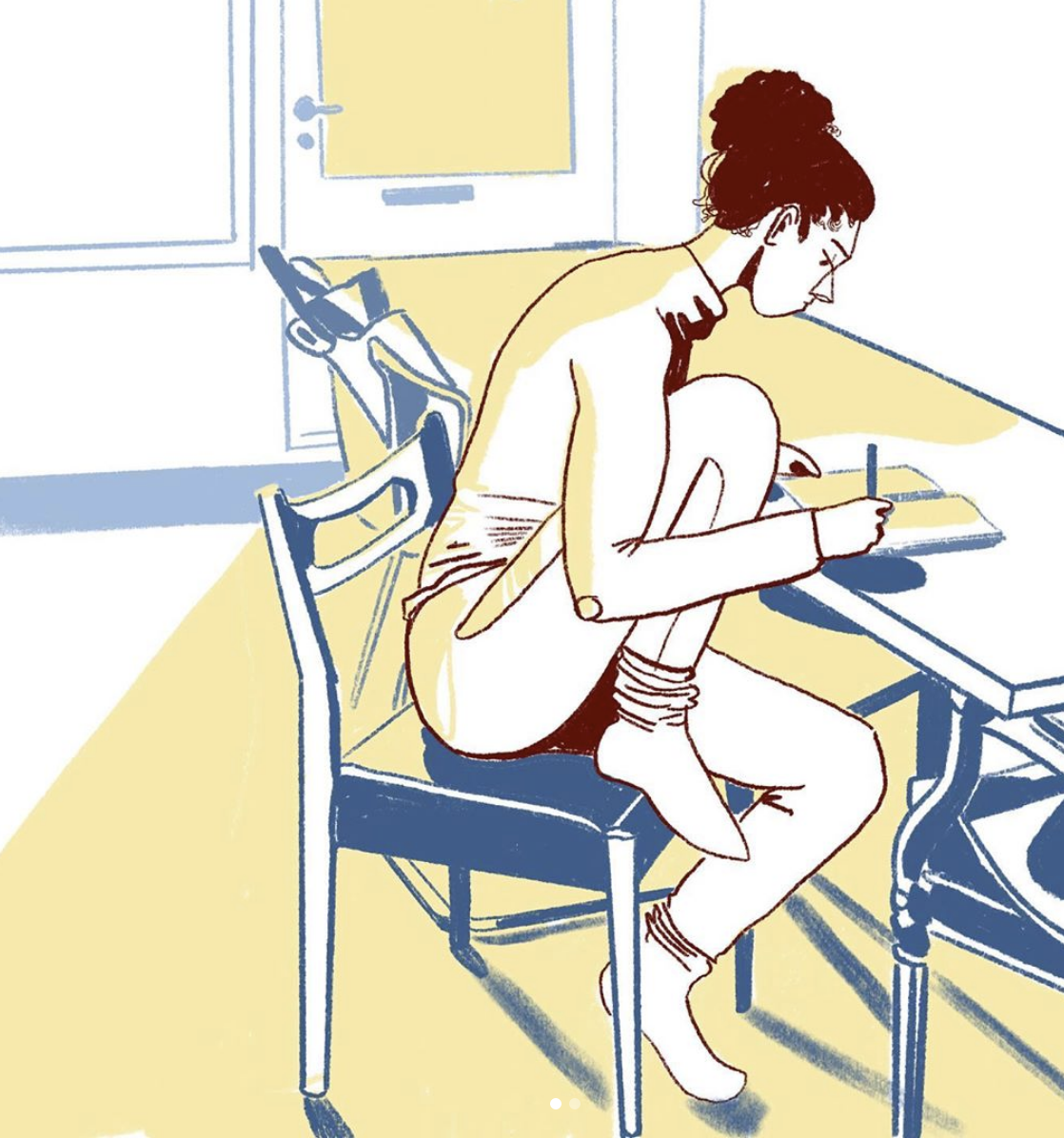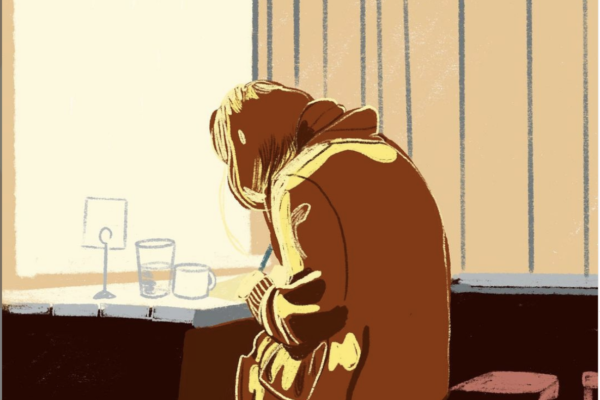The Quandary
Financial planners say that the first time someone does a budget and calculates how much they’re spending, usually they’re shocked by how much money they spend each month on groceries. But this frequent response isn’t because all financial clients are terrible spendthrifts who overspend on food. In fact, the dollar total that embarrasses their clients so much with its outlandish size appears to the financial planner as a number that’s boringly ordinary.
The disparity in reaction comes from the fact that the individual doesn’t have access to information about what other people spend and the financial planner does. To the planner, the number looks about average because the financial planner sees hundreds of families’ budgets and already knows that in general, people spend close to the same percentage of their income on groceries as everyone else who lives in the same city where the cost of living is the same.
To the client, the information itself is new, and they have no context for comparison.
The same disparity of information is at play when writers wrestle with how much time to give our writing. When we’re alone and have no one to compare ourselves to, many of us (all of us?) tend to think we aren’t doing enough. Even during diligent grooves, compared to what we imagine “real” writers do, we find the number of hours we’re focused on writing to be embarrassingly small.
The Answer
When graduate students ask how much time to spend on their writing, I used to equivocate. Usually, I’d follow up their question by asking a lot of my own about their habits and then end up saying that the answer varied from person to person.
This was unhelpful namby-pamby, I now realize. From the perspective now of having had hundreds of students, I understand that such a mild response helped not even a single student write better or more productively.
Slowly, one semester after another, I’ve arrived at a stage where I have a substantial data set. Like a financial planner looking at a monthly expenditure on one person’s groceries, I can see what the student can’t.
So here’s my confident answer to that question:
Each weekday, Monday through Friday,
spend between 90 and 120 minutes on your writing.
Resources that Support That Assertion
I could go on a bit about why an hour and a half to two hours is the perfect answer, but won’t bother here except to say that it’s what a lot of people I know do with fantastic results.
If you’d like some external research that supports my personal conviction, here are books I love and recommend for people interested in the subject of what constitutes “enough” when it comes to a writing practice.
Daily Rituals: How Artists Work by Mason Curry
This book contains excerpts that describe the work habits of 161 creative people, a lot of whom are writers. Most are household-name level famous. “W.B. Yeats made sure to write two hours a day whether he felt like it or not,” the book reports. “’I am a very slow writer,’ Yeats noted in 1899. ‘I have never done more than five or six good lines in a day.’”
Writer Martin Amis had an office about a mile from his apartment in London, where he spent most of the workday—but not all of it directly on the writing itself. ‘Everyone assumes I’m a systematic and nose-to-the-grindstone kind of person,’ he said, ‘But to me it seems like a part-time job, really, in that writing from eleven to one continuously is a very good day’s work. Then you can read or play tennis or snooker. Two hours. I think most writers would be very happy with two hours of concentrated work.”
Advice for New Faculty Members by Robert Boice
This book was written to advise newly-minted PhD’s who land a first job teaching job at a university. Young assistant professors are hired to teach undergrads and teaching is a ton of work. Meanwhile, they’re expected also to be conducting their own independent research and publishing papers in academic journals, but they’re not getting paid for this. It’s something they have to do off to the side of teaching.
That professional experience of the academic is close to what most creative writers face. The book’s lessons apply to anyone who is balancing what I call “work-work” – the work that pays bills—and creative work. No first-time novelist is paid to work eight hours a day writing a passion project book. Instead, we’re paid for things that draw us away from novel writing. Boice, the author of the book and an academic, conducted research on what made some professors succeed at publishing while others floundered. These are his findings, written for a general audience.
The Clockwork Muse: A Practical Guide to Writing Theses, Dissertations, and Books by Eviatar Zerubavel
This is one of the most calming books I’ve ever encountered. When I feel panicked and lost in the midst of a book-length project, this is the volume I turn to. Its guidance is reasonable, doable, and can lead to successful completion.





No Comments